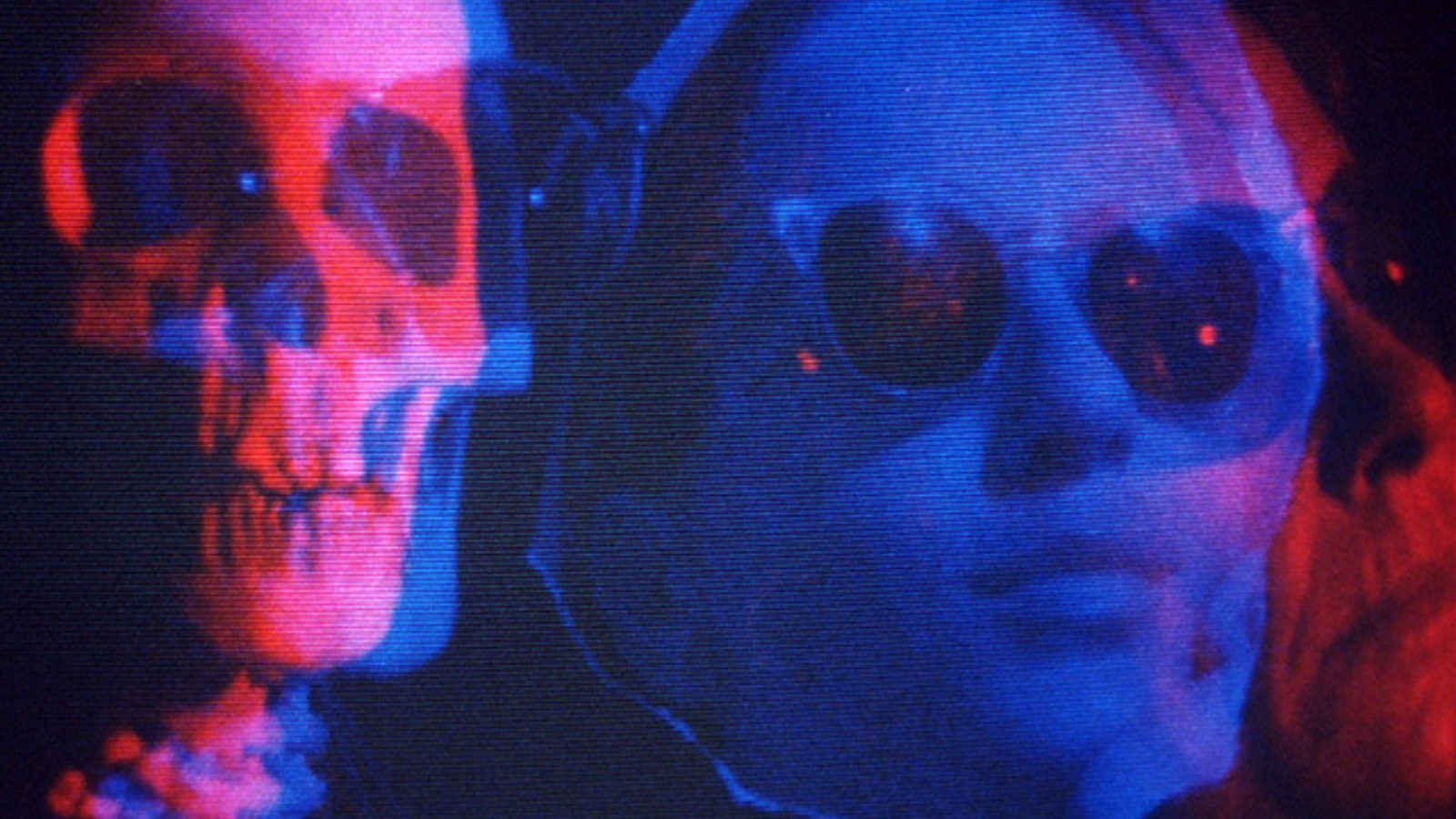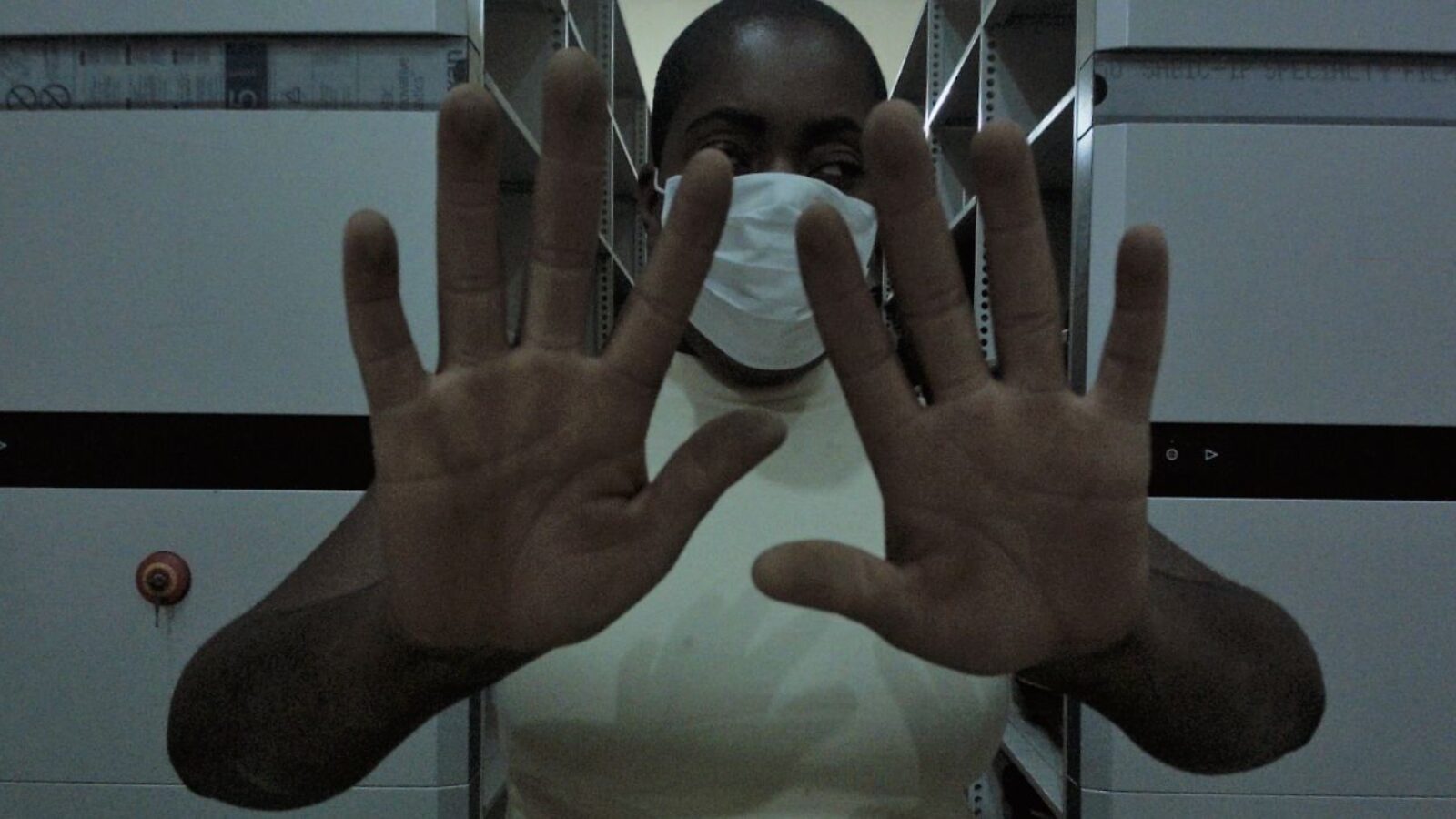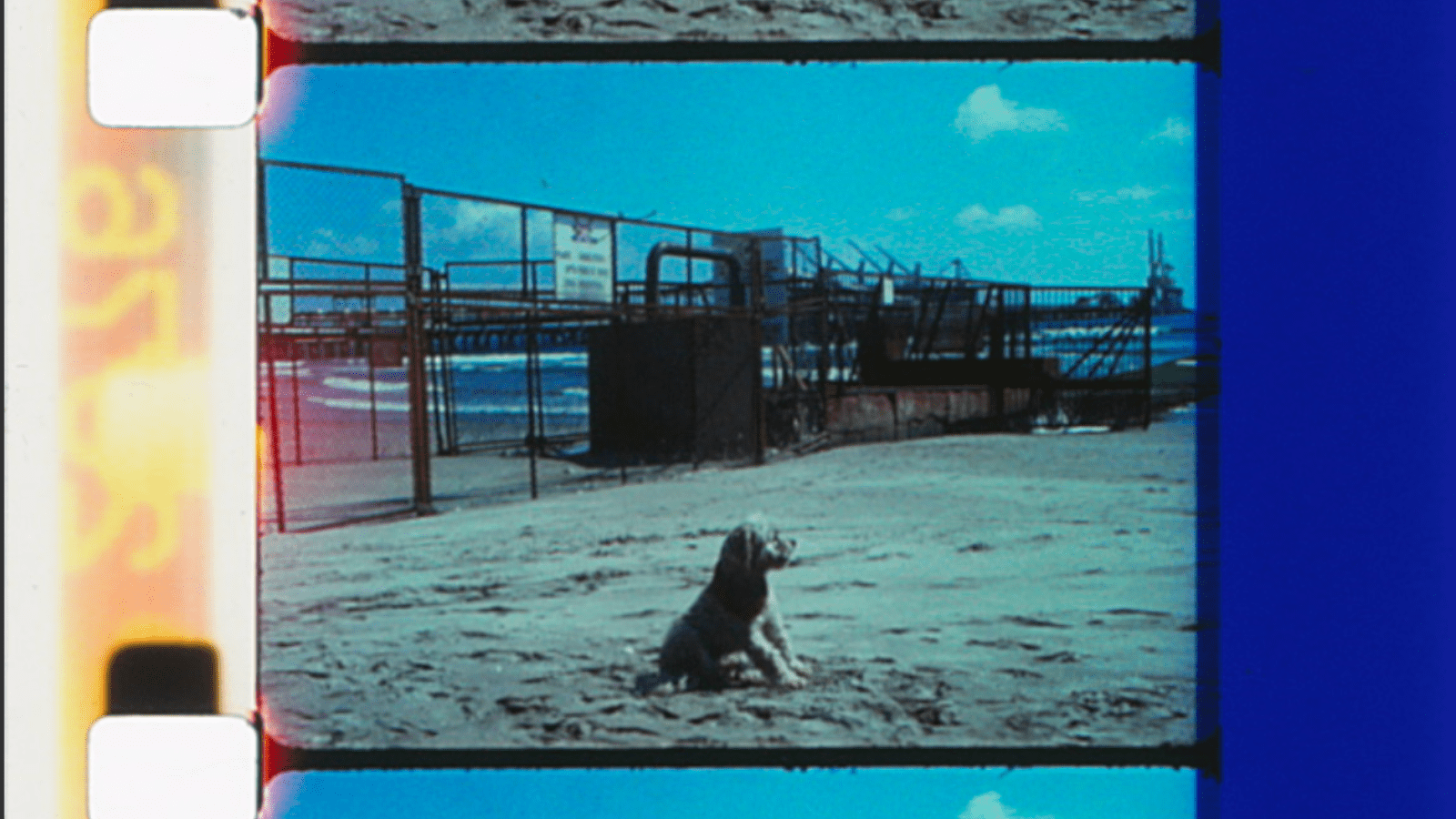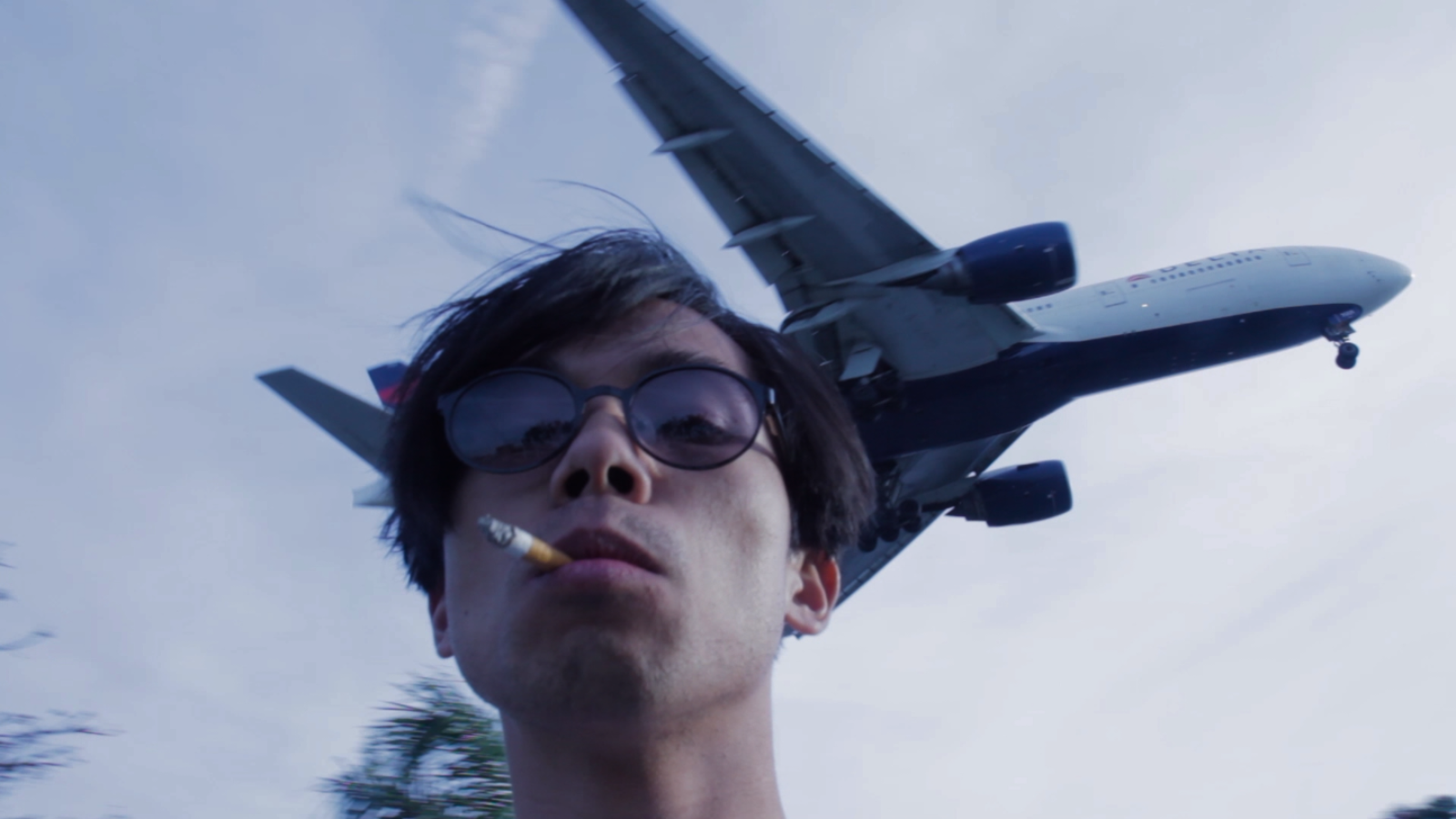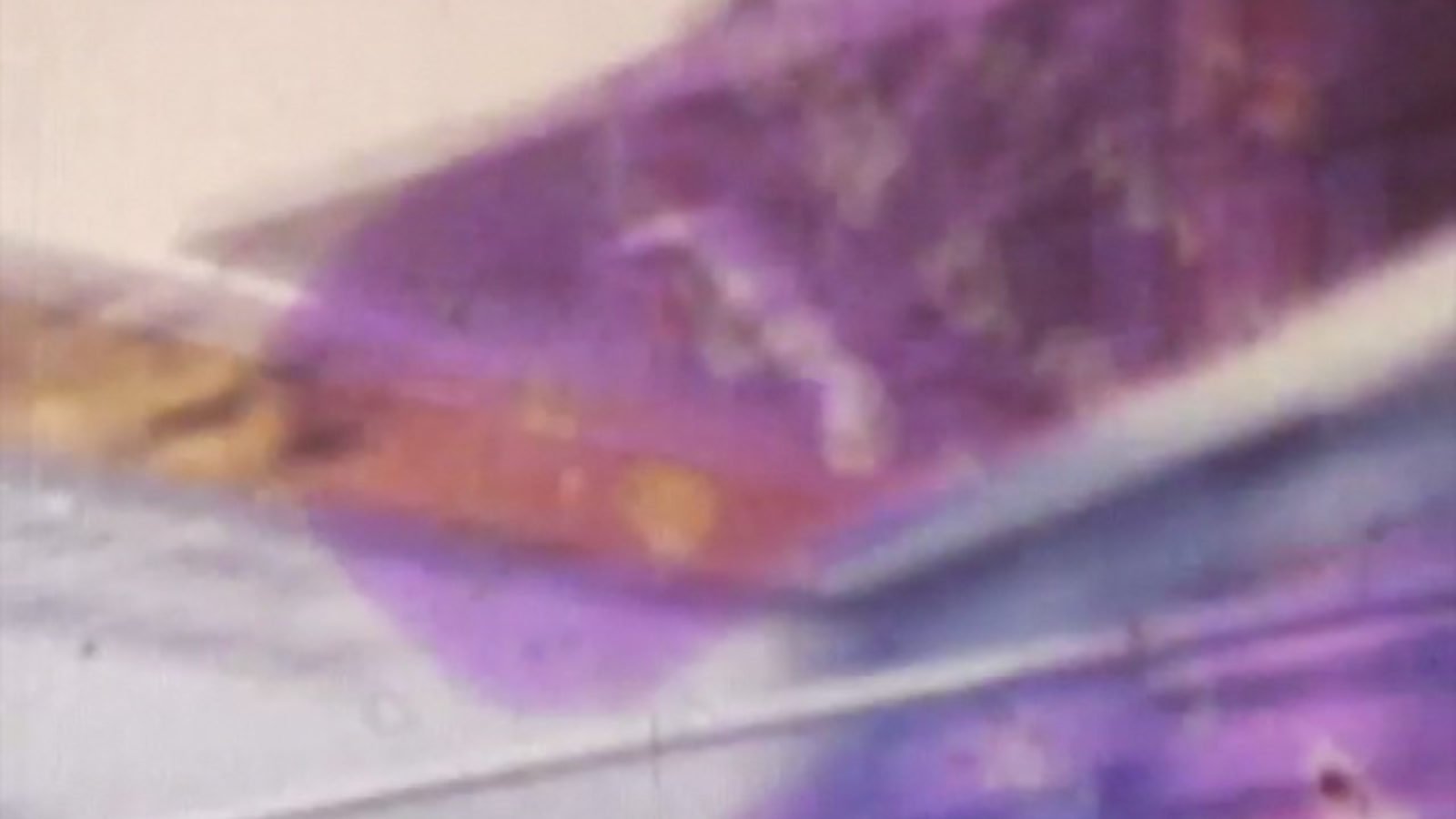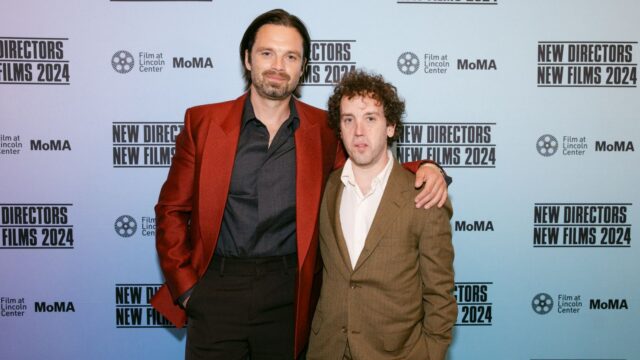Program 3: What We See Is Real
Q&A with Angelo Madsen Minax
Much of ethnography has been historically based on the fundamentally imbalanced position of one individual or group observing and interpreting another. As a practice, auto-ethnography has the potential to pull at some of the structural tensions of the trade, and expose the inherent difficulties in attempting to know another through projections of one’s self or relations. The works in this program push the premise of auto-ethnography into a rigorous, foreign, and experimental art form. They include raw and sensitive excavations into personal history and environments, and express the entangled inheritances endemic to any forms of self.
Points of Departure
Alia Syed, UK, 2014, 16m
The director’s voice narrates entangled memories triggered by finding a family tablecloth, accompanying archival footage and shots of Glasgow’s landscape, in this essayistic portrait of place, home, and lost words and translations.
Sight
Thirza Cuthand, Canada, 2013, 3m
Filmmaker Thirza Cuthand blends two stories of blindness—their own migraine-induced episodes, and their cousin’s self-inflicted blindness later in life—to think about the realities of disability and mental illness. This frank testimony plays over Super-8 footage obscured by colored markings.
Disintegration 93-96
Miko Revereza, USA, 2017, 6m
With vulnerability and a note of rage, Miko Revereza details the experience of his family’s relocation to Los Angeles from Manila. The film’s ’90s home-video aesthetic further reflects on the act of “recording a film document without the possession of living documents.”
At the River
Angelo Madsen Minax, USA, 2020, 10m
Part of an ongoing effort, spanning the past four years, to document the filmmaker’s small-town-Michigan roots, this short seamlessly juxtaposes tensions inside the family house—touching on addiction, jail time, money worries, and unspoken tragedies—with a father and son’s walk in the woods.
Puchuncaví
Jeannette Muñoz, Chile/Switzerland, 2014-ongoing, 16mm, 20m
A study of landscape as personal history, and a marker of time’s passage, Puchuncaví is a project in ongoing mutation, as director Jeannette Muñoz uses 16mm film to capture the same Chilean coastal town every time she travels there, making several cuts and revisions along the way. The storied place has been part of the Inca road system, a center for healing, a site of dumping and pollution, and a fishing port.
Vital Signs
Barbara Hammer, USA, 1991, 10m
In the wake of three profound losses, Barbara Hammer waltzes with an anatomical skeleton, confronting mortality head-on and meditating on grief, sickness, and burial rituals.
the names have been changed, including my own and truths have been altered
Onyeka Igwe, UK, 2019, 26m
A family story and land story, told in multiple ways, explores the slippery notion of “truth” with the help of the British Colonial archive, Nollywood, and an adapted novel.

